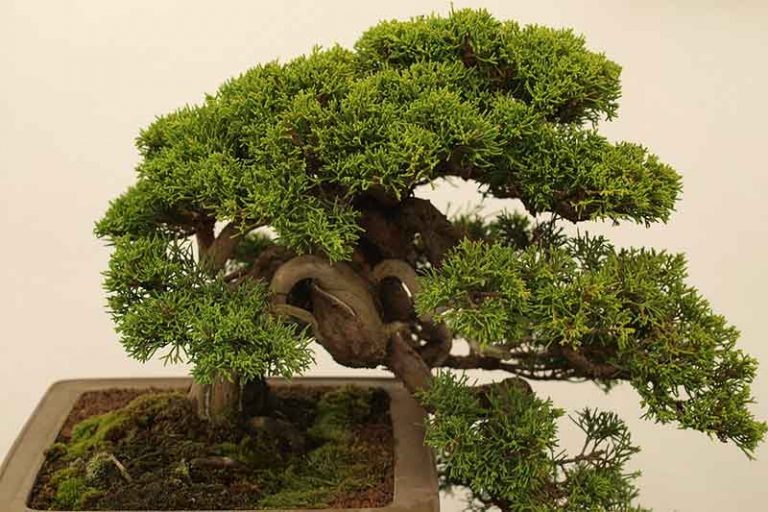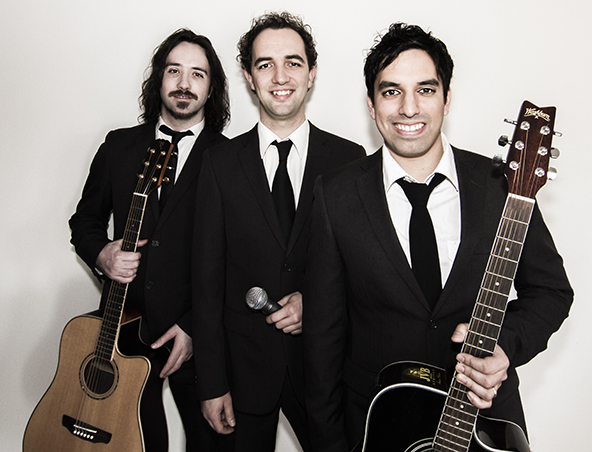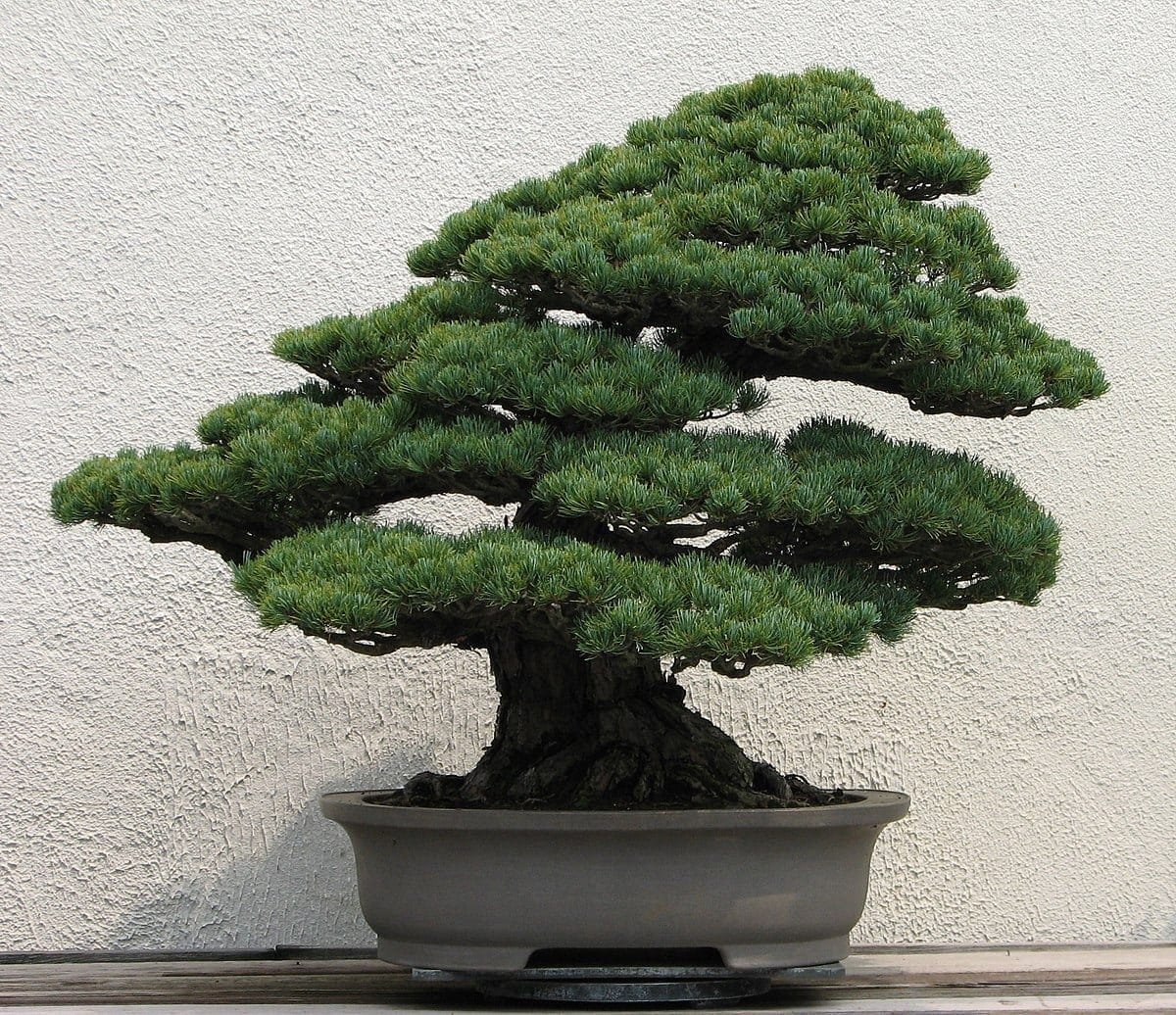Bonsai tree temperature growing seed deadwood
Table of Contents
Table of Contents
The temperature is one of the most important factors that determine the success or failure of growing a bonsai tree. A bonsai tree is a living artwork that requires specific care, including the right temperature. In this article, we will discuss bonsai tree temperature and its importance, as well as tips on how to maintain it.
Pain Points Related to Bonsai Tree Temperature
Bonsai tree temperature can be a challenging factor for growers, especially those who live in areas with extreme weather conditions. It can be quite frustrating to see your bonsai tree suffering due to the temperature, even if you are following the other necessary steps to take care of it. Inconsistent temperature can cause the tree’s leaves to wilt or fall, and it can increase the risk of pests and diseases.
The Target of Bonsai Tree Temperature
The ideal temperature for a bonsai tree varies depending on its species. Most bonsai trees prefer a temperature range between 60°F to 75°F during the day and 50°F to 60°F at night. Extreme temperatures, either too high or too low, can cause stress to the tree and affect its growth. Therefore, maintaining the right temperature for your bonsai tree is crucial to ensure its health and longevity.
Summary of Main Points
In summary, maintaining the right temperature is crucial to the success of your bonsai tree. Extreme temperatures can cause stress to the tree, and consistent temperature is necessary for its health and longevity. Let’s dive deeper into the temperature requirements for bonsai trees.
Bonsai Tree Temperature and Its Target
When I first started growing bonsai trees, I was unaware that temperature could make or break the tree’s growth. I learned the hard way that a bonsai tree is highly sensitive to temperature changes. One winter, I left my bonsai tree near the window, and it suffered from frostbite. I realized I needed to find a way to maintain the right temperature for my bonsai tree.
The temperature requirements for bonsai trees vary according to their species. For example, some deciduous trees prefer a cooler temperature, while some tropical species prefer a warmer temperature. It’s essential to research the temperature requirements for your bonsai tree species and adjust accordingly. You can maintain the temperature by using heaters, fans, air conditioning, or even moving the tree to a warmer or cooler location.
Humidity Levels and Its Effect on Bonsai Tree Temperature
Another factor that is crucial for bonsai tree temperature is humidity levels. Bonsai trees require a specific level of humidity to grow and thrive. The ideal humidity level for bonsai trees is between 40% to 60%. High humidity levels can cause fungal problems, while low humidity levels can dry out the tree’s leaves and roots. You can maintain the humidity level by using a humidifier or a water tray under the tree’s pot.
How to Maintain Bonsai Tree Temperature During Extreme Weather
During extreme weather, such as heatwaves or cold snaps, it’s challenging to maintain the right temperature for your bonsai tree. One way to protect your bonsai tree from extreme weather is to provide temporary shelter. You can move the tree indoors, cover it with a shade cloth or plastic, or even use a greenhouse. It’s important to monitor the temperature and humidity levels continually during extreme weather and adjust accordingly.
Proper Watering and Mulching for Bonsai Tree Temperature
Proper watering and mulching are essential to maintain the right temperature for your bonsai tree. Over or underwatering can cause stress to the tree and affect its temperature requirements. You can use a moisture meter or stick to check the soil’s moisture level and adjust accordingly. Mulching can also help maintain the soil temperature and moisture level, especially during extreme weather.
Question and Answer
1. What is the ideal temperature range for bonsai trees?
Most bonsai trees prefer a temperature range between 60°F to 75°F during the day and 50°F to 60°F at night.
2. How does extreme temperature affect bonsai trees?
Extreme temperature, either too high or too low, can cause stress to the tree and affect its growth.
3. How can I maintain the right temperature for my bonsai tree?
You can maintain the temperature by using heaters, fans, air conditioning, or even moving the tree to a warmer or cooler location.
4. Why is humidity important for bonsai tree temperature?
Bonsai trees require a specific level of humidity to grow and thrive. The ideal humidity level for bonsai trees is between 40% to 60%. High humidity levels can cause fungal problems, while low humidity levels can dry out the tree’s leaves and roots.
Conclusion of Bonsai Tree Temperature
Maintaining the right temperature for your bonsai tree is crucial to its health and longevity. It’s important to research the temperature requirements for your bonsai tree species and adjust accordingly, especially during extreme weather. Proper watering, mulching, and humidifying can also help maintain the right temperature for your bonsai tree. Remember, a bonsai tree is a living artwork, and taking care of it requires specific care, including the right temperature.
Gallery
Ideal Room Temperature For Jade Bonsai Tree | Home And Garden Designs

Photo Credit by: bing.com / tree bonsai jade ideal temperature room species bonzi indoors good jessica mar
50PCS Rare Tree Seeds For Home Garden Bonsai Plant JAPANESE Cedar Seeds Semillas Bonsai Seeds

Photo Credit by: bing.com / bonsai seeds garden tree visit
How Long Do Bonsai Trees Live? - Home Cadet

Photo Credit by: bing.com / bonsai schneiden snoeien schnitt collegno watering cultivar sketsa sancang pixabay minature indoors asiatischen schnitten gartenkunst
How To Grow Bonsai Trees From Seed | Bonsai Tree Gardener

Photo Credit by: bing.com / bonsai tree temperature growing seed deadwood
How To Maintain The Temperature For Your Bonsai Tree - Bonsai Tree Gardener

Photo Credit by: bing.com / maintain





